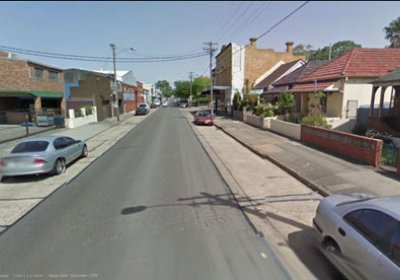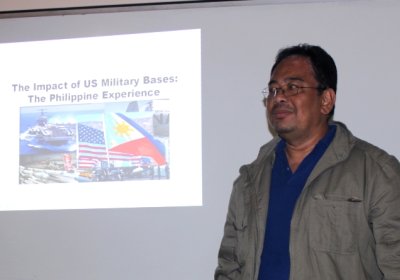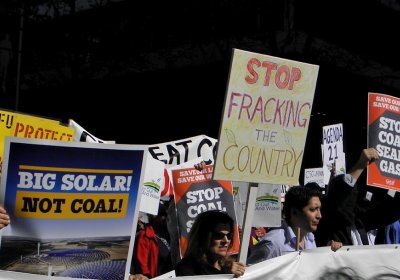A whopping 22 million passengers went through Sydney Domestic Airport last year – close to the total population of Australia.
Almost 8 million of those were heading to Victoria, and close to 4.5 million to Brisbane. Just over 2 million were off to the Gold Coast, and just under that figure to WA.
In the debate over the environmental and human impact of a second airport in NSW and the push to expand Mascot, it is important to weigh these facts.
Pip Hinman
The problem of homelessness, high rentals and unlicensed boarding houses in Sydney’s inner west — often though of as one of the wealthier areas of Sydney — is growing, said Paul Adabie, acting director of the Newtown Neighbourhood Centre (NNC).
Adabie told Green Left Weekly these acute housing problems faced by the most disadvantaged and vulnerable.
Labor and independent councillors in Marrickville decided on June 19 against holding a poll on coal seam gas at the same time as the local council elections.
This is despite the fact that the council has had two unanimous votes against coal seam gas exploration.
Non-binding polls are available to all councils and have been used to gauge community opinion on a variety of topics.
Greens councillor Cathy Peters put the urgency motion, inspired by Lismore City Council’s decision to poll its local residents about coal seam gas production and exploration.
Australians should be worried about the attempt to rush through the Philippines Senate the Philippines-Australia Status of Forces agreement visiting anti-bases activist Boyette Jurcales Jr told a Sydney meeting on June 7.
Jurcales is the coordinator of the Philippines-based Ban the Bases and the meeting was organised by the newly-established anti-bases network Keep War from Our Door – Wave of Hope.
In a display of non-partisanship, Marrickville Council put the community first by voting unanimously to lock the gate on coal seam gas (CSG) mining on May 8.
Local stop coal seam gas activists urged councillors to prohibit a private waste disposal and recycling company — Alexandria Landfill — from being allowed to sub-contract its site in St Peters to a CSG miner for exploration and pilot drilling.
Allan Rees, spokesperson for the No Aircraft Noise (NAN) party, believes that the site south of Wilton must be assessed as a replacement airport for Sydney. “This is the only way to end the growing noise nightmare for 100,000 people,” he said on May 9.
NAN has campaigned for decades to get the Sydney airport moved out of the city on the grounds of its detrimental health and environmental impacts.
Stop CSG Sydney campaigner Pip Hinman addressed Marrickville Council on May 8 to urge the council to rule out coal seam gas mining in the area.
Campaigners against the mining companies’ push to open up the Kimberley region in WA to vast gas and mineral exploitation told a public meeting on April 19 that this was the “Franklin Dam campaign of our time”.
The forum “Saving the Kimberley: Our Land or Gasland?” was organised by Stop Coal Seam Gas, Sydney.
Prime minister Julia Gillard’s April 17 speech on Afghanistan was widely heralded as a change of policy. It is and it isn’t.
It does set out a schedule for a partial withdrawal of troops — thereby bringing Australia belatedly into line with the US drawdown of troops by 2014. But it also affirms that Australia, like the US, will not withdraw all its troops.
“You have to put more pressure on your government to allow Afghans to decide their own future,” Afghan democracy activist and former MP Malalai Joya told a 150-strong public forum on April 11.
“No nation can liberate another nation,” Joya said. “Ten years of war should have made this clear. It's better the troops leave.”
The massacre of 16 people in the Panjwai District of Kandahar province in Afghanistan on March 11 re-ignited widespread calls, inside and outside Afghanistan, for Western forces to leave.
US army spin has not quelled anger or questions over how the massacre took place, who was involved and how to deal with those responsible.
Witnesses say US army staff sergeant Robert Bales, along with 15-20 others, went on a rampage — sexually assaulting, then massacring and burning mainly women and children from the remote farming villages of Najeeban and Alkozai.
- Previous page
- Page 47
- Next page









